In order to contribute to the fulfilment of this vision, the Institute for Youth Development KULT performs its activities in accordance with two strategic directions, at:
1) Political level and
2) Implementation level.
Political level
In order to reach long-term sustainability in terms of the consequences of our actions, we strive towards pursuing cooperation with all levels of government in Bosnia and Herzegovina and the region upon proposing changes to and adopting legislative and other political solutions (policies and strategies) that will legally and systematically regulate youth care and their institutional constitution. The process of adopting such documents asks for making analyses of the current state of affairs and needs, organising public consultations with the citizens and stakeholders (non-governmental and international organisations, public institutions, etc.), public advocacy towards political entities, as well as the media promotion in the aftermath of the entire procedure of adoption. Our role and cooperation with legislative and executive authorities are being maintained in the course of drafting by-laws, law enforcement programming, counselling and keeping others informed.
Implementation level
Political decision-making as such will not give rise to any noticeable improvement, if decisions remain unimplemented. The Institute endeavours full enforcement of adopted documents and therefore encourages the competent institutions to do the same by providing them with necessary information and advice, and frequently technical support.
In addition, we deliver certified training courses to the representatives at all levels of governmental authorities in Bosnia and Herzegovina and the region in order to enable them to professionally carry out their work in the field of youth care. We organise training programmes and study visits for local youth organisations, youth councils and youth leaders to build up and strengthen their organisational and project related capacities, and cultivate their networking to cooperate on similar activities and share their experiences. Numerous national and regional conferences and round tables contribute to the enhancement of cooperation between the government and non-governmental sectors, elimination of prejudice, exchange of experiences and raising the level of awareness of all stakeholders. Media campaigns raise awareness among the citizens, especially among young people, of their entitlement to participate in social processes that affect them, which is their responsibility as well.
The challenges
The act of allocating funds, generally speaking, and specifically to address youth issues, is an important indicator of the priority level assigned to this target group, but also of the progress range that can be reached. It will eventually be unavoidable to convince governmental authorities that greater financial investments will be needed for resolving youth issues.
Since Bosnia and Herzegovina and the region have encountered the insufficiency of formal educational institutions that would be in charge of training people for the position of youth officer, this position is often assumed by persons who are willing to enthusiastically do their work, however they lack the competences to develop and manage a youth policy. What lies ahead is the promotion of our certified training programme for youth officers in Bosnia and Herzegovina and the region, which has already been recognised by some government institutions.
The process of advocating towards decision makers to comply with the existing legislation in the field of youth work and thus pursue achieving measurable and sustainable results is often demanding. Both horizontal and vertical cooperation among government institutions is left out. We will aspire to build even stronger partnerships with decision makers, both among them and with the non-governmental sector.
Young people predominantly do not show a considerable and long-term interest in seeking social inclusion, although this ambition also offers encouragement important for starting their own career, which is something that can easily be expected in view of a high youth unemployment rate. The Institute adheres, by means of laws regulating the culture of volunteering, to encourage youth taking an active role in the community and increase their competitiveness in the labour market after they have acquired their work experience.



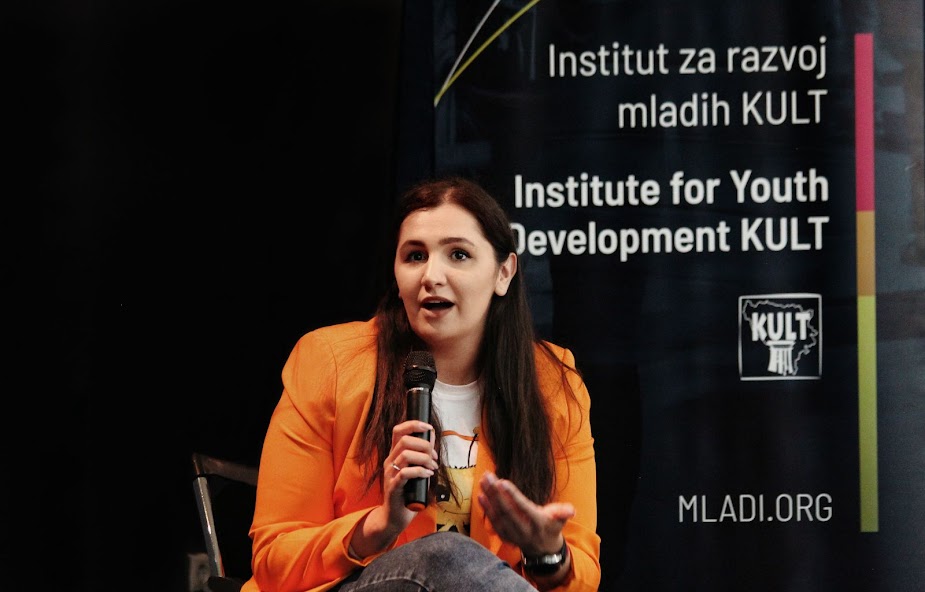
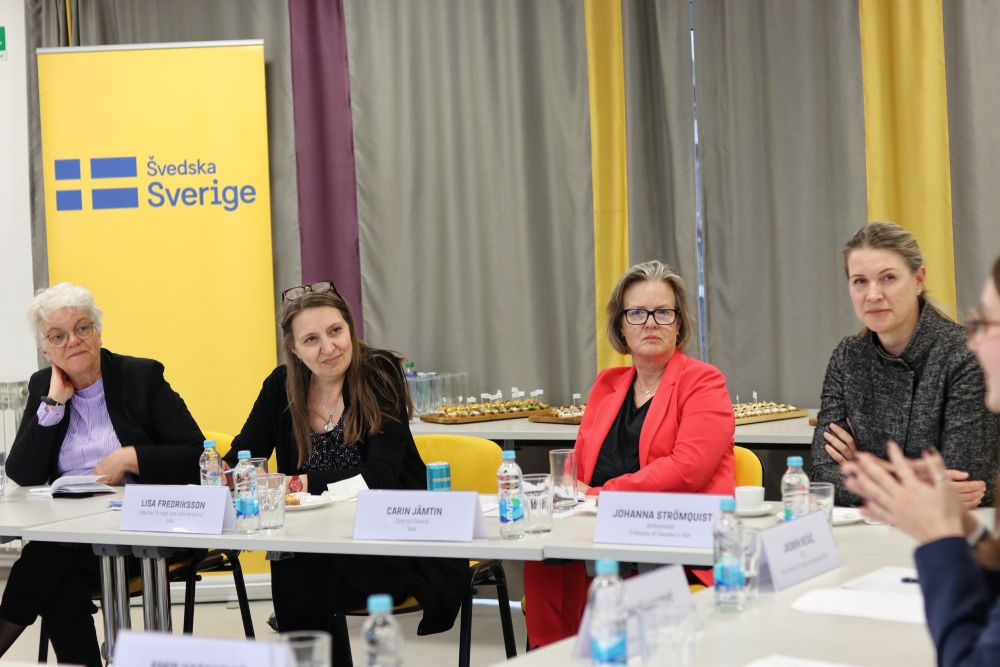
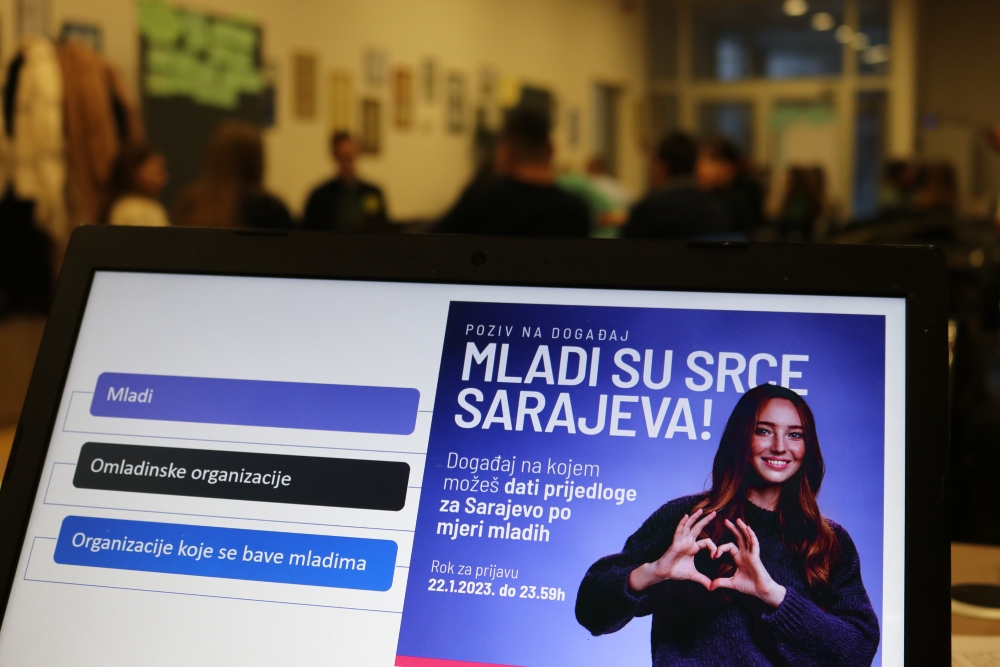
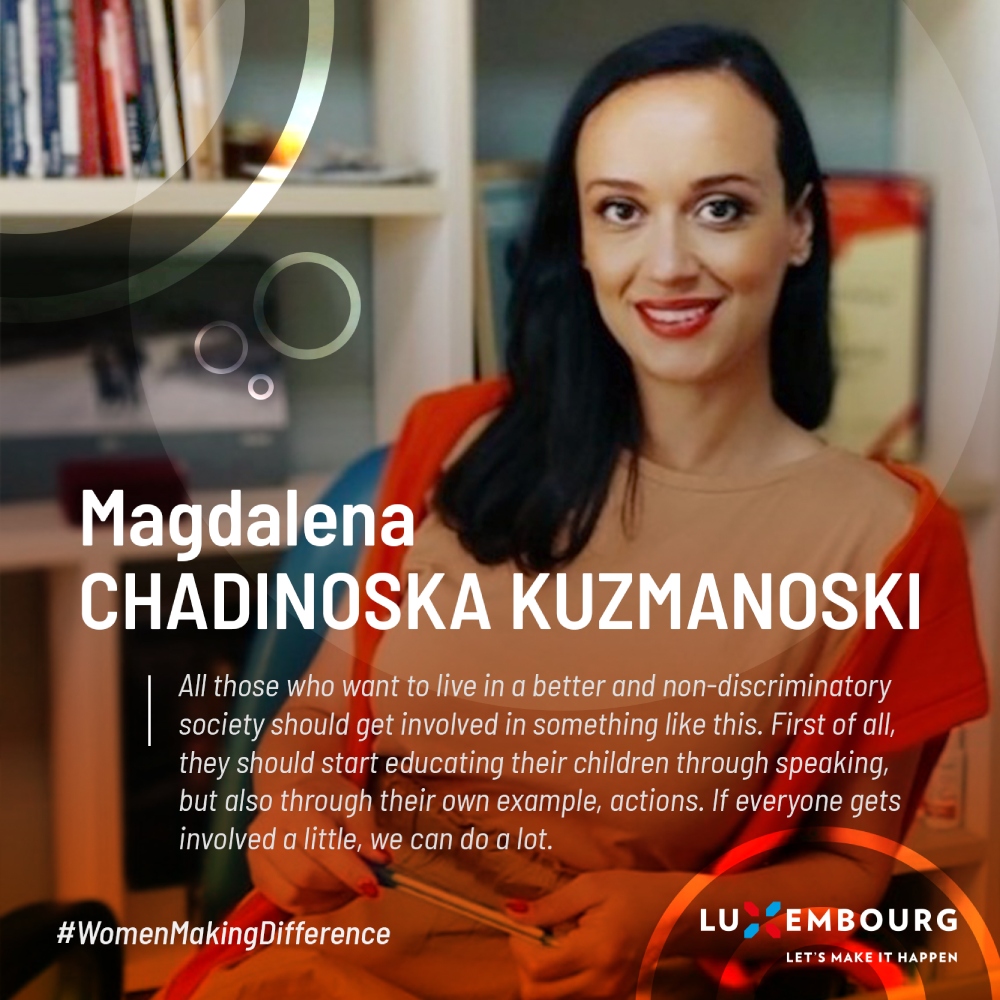
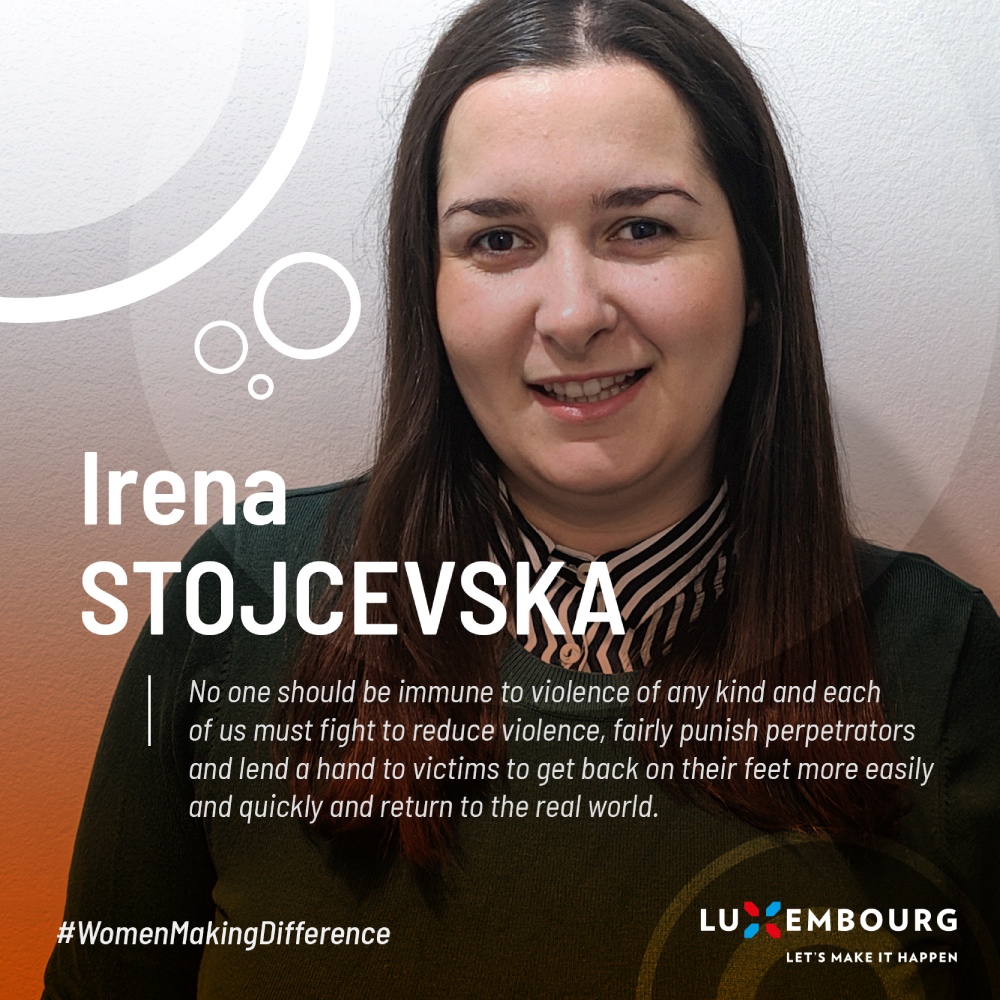
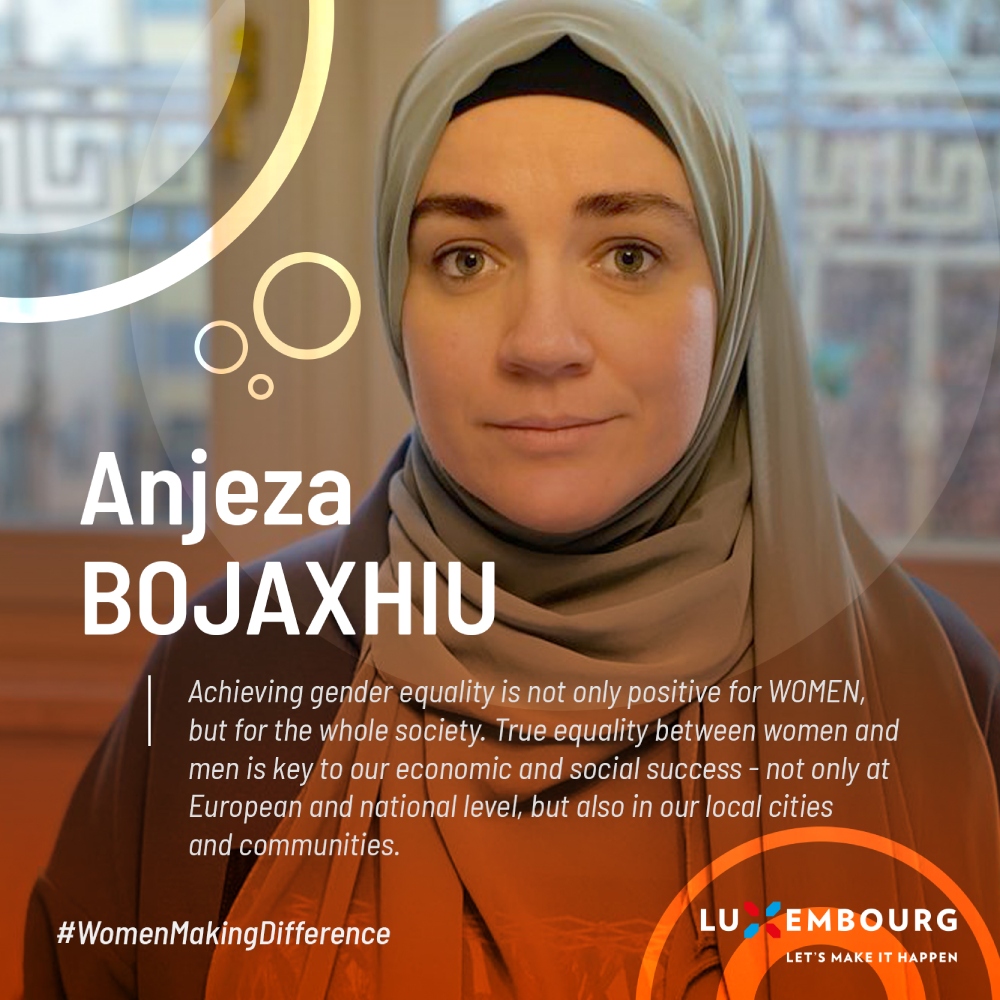
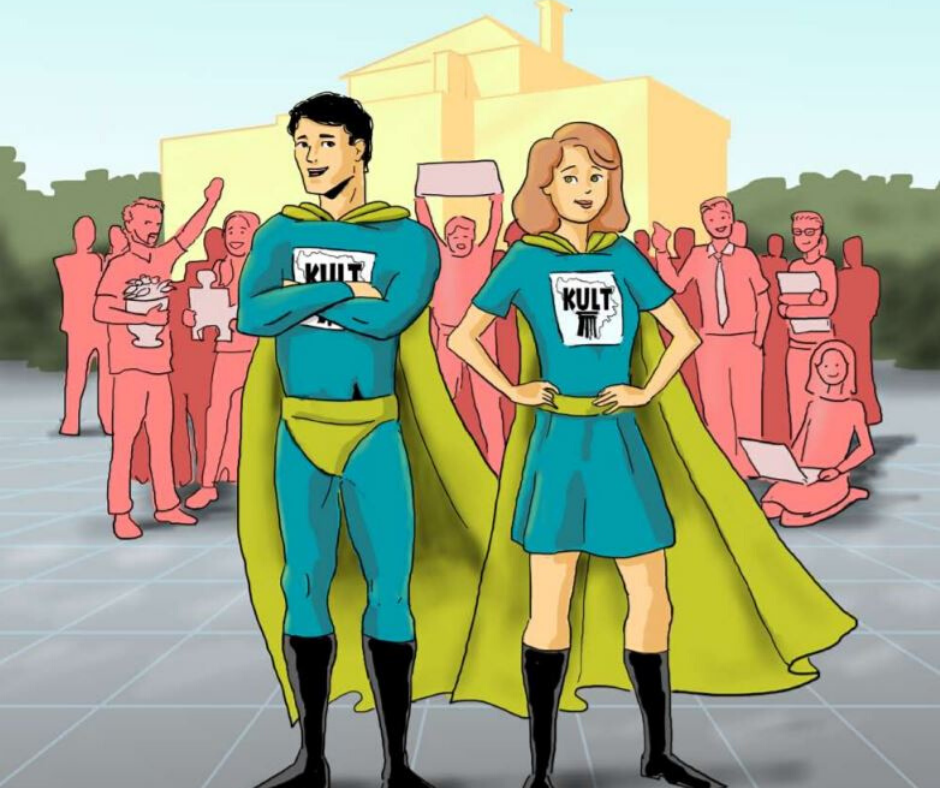
Leave a comment